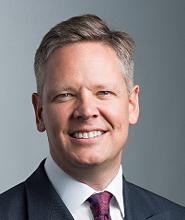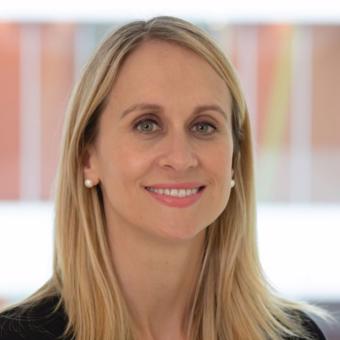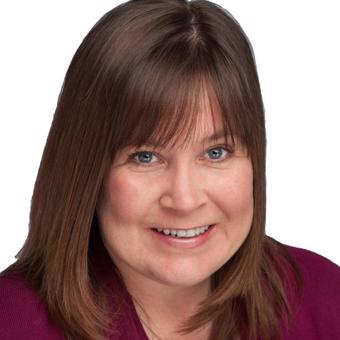Rupert talks about his recent arrival at Serle Court, his work in the Middle East and some of his most high profile cases
Rupert, congratulations on your new role at Serle Court Chambers. How is it going so far?
I joined Serle Court on only 3 April and am loving it. I’ve been delighted to receive not only a very warm welcome from Chambers but also the warmest congratulations both from my friends at the Bar and from many of my long-standing instructing solicitors and clients.
What are your own areas of expertise?
I have a broad commercial and financial disputes practice, with a particular focus on contracts of property investment, finance, development and management, as well as wider fraud, banking and shareholder disputes.
How do your domestic and international practices differ?
In England, my practice is almost exclusively in the Commercial Court and Chancery Division of the High Court and the Court of Appeal. In the Middle East, most of my work is in the Courts of the Dubai International Finance Centre (DIFC), although I’m doing an increasing amount of work in arbitration.
The biggest difference between the two practices is in the required degree of specialisation. In London, many clients will expect demonstrable expertise and experience in a very particular field. In the Middle East, however, clients require comfort that their lawyers understand the particular issues of jurisdiction and cross-border enforcement that arise in the region, but lawyers are free to practise across much wider fields.
Do you have a strong interest in work in the Middle East?
I’m lucky in that not only do I have a significant disputes practice in the Middle East, but much of my practice in London involves clients from the region. I’m currently acting for and against different Saudi princesses in various English High Court proceedings. I am fluent in French and have a working knowledge of Arabic. This gives me some comfort with original documents and also a good understanding of the many legal systems in the Middle East that are based on the French Civil Code. I also enjoy working in disputes arising under DIFC law, which is based on the wider common law.
What other types of work do you undertake?
I still enjoy doing a lot of commercial property work, and also take professional negligence and indemnity work for both claimants and defendants across a broad range of sectors, including solicitors, barristers, IFAs, accountants, company directors, and property professionals.
What attracted you to Serle Court?
I wanted to join a set with a strong Commercial Chancery focus, and with a global reputation for both its international and its domestic work. I also felt that many of the stars of the Commercial Chancery field, and some of my closest friends at the Bar, had gathered in Serle Court. Finally, I was reassured that most of my existing clients were already very happy to work with the clerking team at Serle Court.
What are your immediate priorities?
I suspect that any barrister is less likely to be pigeon-holed in a new set, and I’m keen to explore the obvious synergies between my existing practice and the core areas of Commercial, Trusts and Property practice at Serle Court.
When were you appointed a QC?
I took silk in 2014 after an amazing period in which I had acted and led in a number of high-profile cases, built a significant Middle East practice, been short-listed for and then won Chancery Junior of the Year in the Chambers UK Bar Awards in 2012 and 2013, been included in the Chambers 100: UK Bar list of the top 100 junior barristers across all fields and been identified as a ‘Leader of the Bar’ in Chambers Global 2014. However, any QC will tell you that taking silk is a beginning and not an end. The challenge for me now is to achieve a similar degree of success as a Commercial Chancery silk.
Have you acted in many high profile cases?
I’m fortunate to have acted in a number of significant cases, including Equitable Life, Berezovsky, Corinth v. Barclays and Abbar v. SEDCO. Such cases offer not only profile, but the opportunity to argue significant issues of law, the pleasures of working with outstanding teams of juniors and solicitors, and the education of seeing some of the finest QCs in action on all sides.









